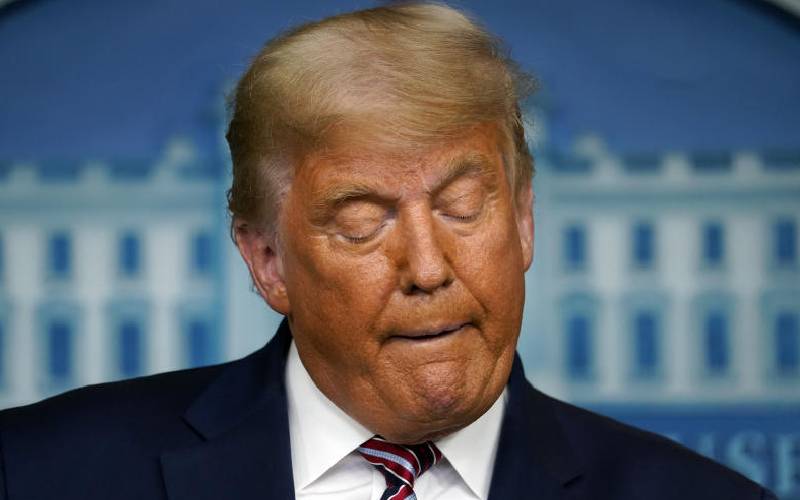
In its 230 years as a functioning republic, the United States of America has often let its tragic side dominate its good side. That tragedy appears in the form of events or personalities who refuse to fit into its projected ideals of freedom and democracy.
It exhibits its brand of nationalism that regularly vacillates between expansionism and isolationism. At times, the two go together and appear like inbuilt contradictions of one often giving rise to the other. Whether that nationalism is in the expansionist or the isolation mode, it still affects the rest of the globe.